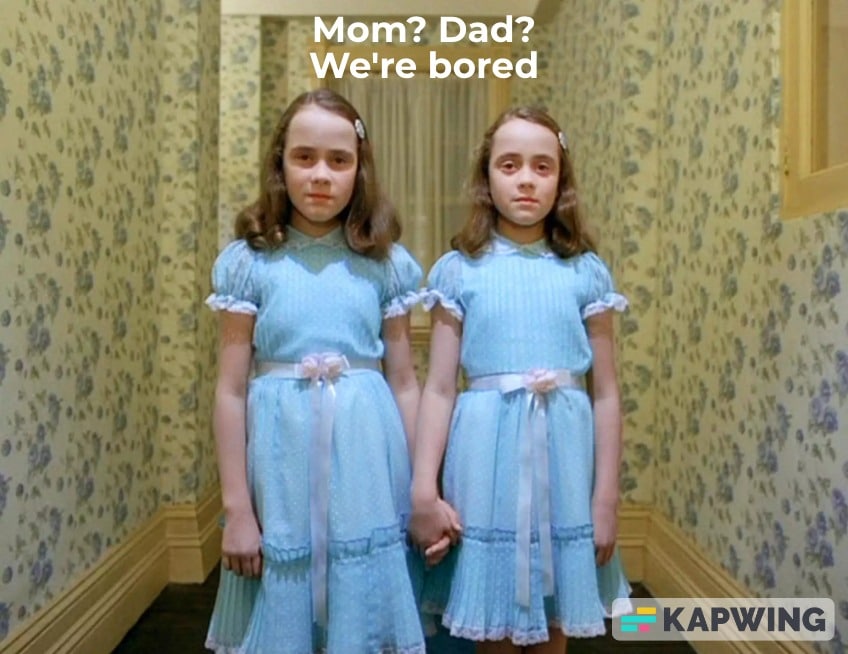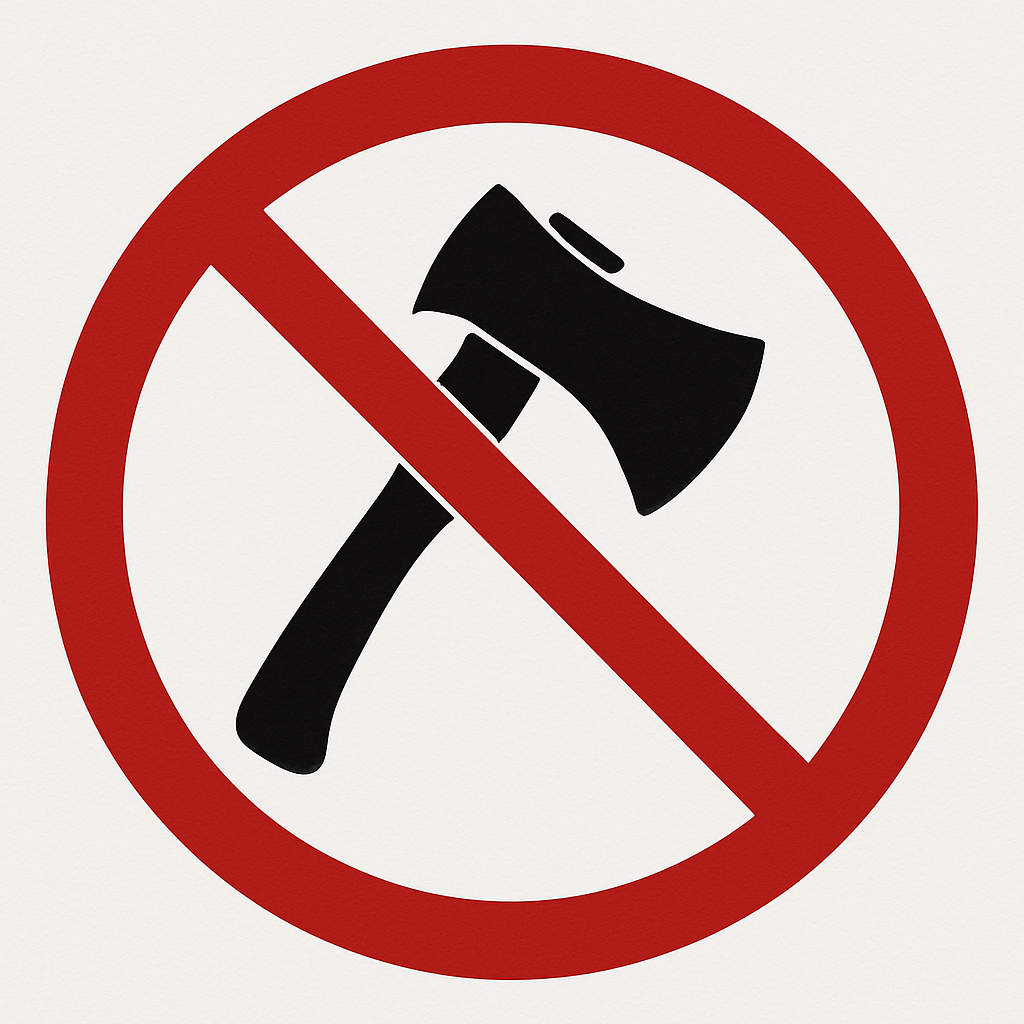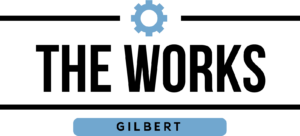Table of Contents
The Impact of Remote Work Isolation
Mitigate the Risks of Cabin Fever by using Coworking Spaces

In Stephen King’s The Shining, Jack Torrance retreats to the isolated Overlook Hotel, anticipating a productive environment for his writing. Instead, he succumbs to psychological distress, driven by isolation and confinement. This narrative resonates with the modern remote work experience, where the promise of flexibility can devolve into a state of mental and emotional strain, often referred to as “cabin fever.”
Isolation in Remote Work: A Growing Concern
Remote work initially appears liberating: no commute, flexible attire, and a personalized workspace. However, prolonged isolation can erode these benefits. The absence of in-person collaboration transforms homes into echo chambers of repetitive tasks and digital overload. Employees may find themselves tethered to endless virtual meetings, navigating a barrage of emails and messaging platforms, and grappling with a lack of meaningful human interaction. Over time, the home office can feel less like a sanctuary and more like a psychological labyrinth, fostering feelings of disconnection and disengagement.
The Psychological Toll of Remote Work
Without regular social interaction, remote workers may experience cognitive and emotional fatigue. Routine tasks, such as drafting emails or participating in virtual meetings (or in-person meeting in your kitchen 🙁), can become monotonous, mirroring the repetitive strain depicted in Jack Torrance’s obsessive typing of “All work and no play makes Jack a dull boy.” This monotony, coupled with limited external stimuli, can lead to diminished motivation and creativity. For families, the effects of isolation may extend to children, who can also experience restlessness and behavioral challenges due to confined environments.

How to Mitigate the Risks of Cabin Fever by leveraging Coworking Spaces
Coworking spaces, such as The Works in Gilbert, Arizona, offer a solution to the isolation of remote work. These environments provide a professional setting that fosters collaboration, productivity, and human connection. Unlike the sterile confines of traditional offices, coworking spaces balance structure with flexibility, offering reliable internet, comfortable seating, and opportunities for networking without the need for formal platforms like LinkedIn. By stepping out of the home environment, professionals can regain a sense of purpose and community, mitigating the psychological risks associated with prolonged isolation.

Conclusion: A Balanced Approach to Remote Work
The parallels between The Shining and remote work culture underscore a critical lesson: prolonged isolation can have profound psychological consequences. Without intervention, remote workers risk falling into a cycle of disengagement and mental fatigue. Coworking spaces like The Works provide a practical and effective solution, offering a professional environment that promotes productivity and well-being. By integrating coworking into their routines, even for a single day, professionals can break the cycle of isolation and maintain their mental clarity.

Note: For those interested in exploring coworking options, The Works offers day passes and a professional environment designed to enhance productivity and mitigate the risks of cabin fever. Visit The Works FAQs for more information.

